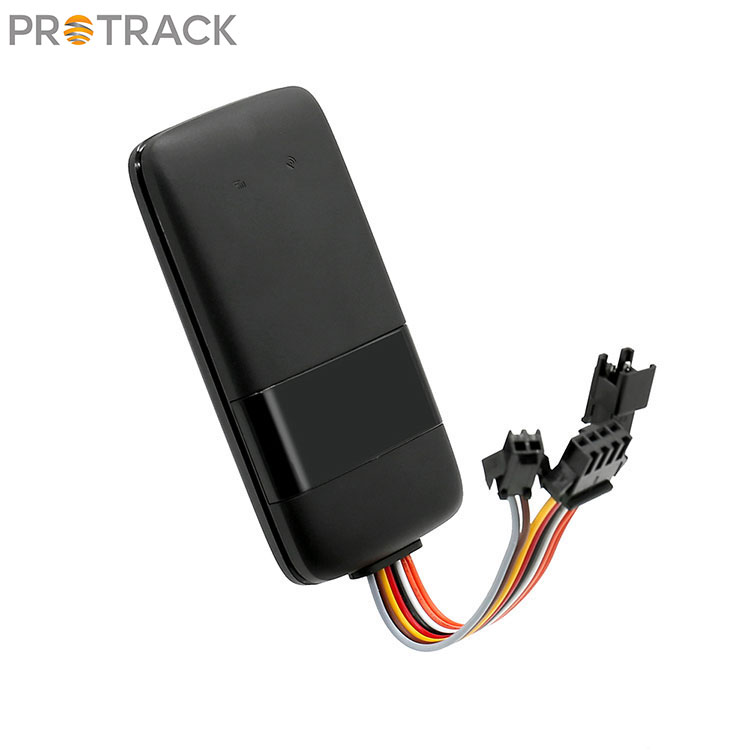Beyond Navigation: Exploring Devices Enhanced by GPS Locator Trackers
2023-12-04
Introduction:
In the evolving landscape of technology, GPS locator trackers have transcended their original purpose of navigation and now find themselves seamlessly integrated into an array of devices. From smartphones to wearables and vehicles, these trackers play a pivotal role in enhancing functionality and adding value to various aspects of our lives. In this blog post, we'll delve into the types of devices that commonly incorporate GPS locator trackers and explore how these trackers are integrated into each.
1. Smartphones and Tablets:
The ubiquitous smartphone is one of the primary devices that harness the power of GPS locator trackers. Whether you're using mapping apps for navigation, tracking your fitness activities, or geotagging photos, the GPS functionality in smartphones relies on GPS locator trackers to provide accurate and real-time location information.
2. Fitness Wearables:
Fitness enthusiasts and health-conscious individuals often turn to wearables equipped with GPS locator trackers to monitor and analyze their physical activities. Smartwatches, fitness trackers, and sports-specific wearables leverage these trackers to provide precise data on distance covered, route taken, and even elevation changes during workouts.
3. Vehicle GPS Systems:
In the automotive industry, GPS locator trackers are seamlessly integrated into in-car navigation systems. These systems help drivers with turn-by-turn directions, real-time traffic updates, and location-based services. Additionally, fleet management solutions use GPS trackers to monitor the whereabouts of vehicles for efficient routing and logistics.
4. Pet Trackers:
Pet owners concerned about the safety and location of their furry friends have turned to GPS locator trackers integrated into pet collars. These trackers enable owners to monitor their pets' movements in real-time, set virtual boundaries (geofencing), and receive alerts if their pets venture beyond designated areas.
5. Asset Tracking Devices:
Businesses involved in logistics, shipping, and supply chain management deploy GPS locator trackers to monitor the movement of valuable assets. These devices are integrated into shipping containers, pallets, and individual packages, providing real-time tracking information to optimize routes and enhance security.
6. Cameras and Drones:
Modern cameras and drones often come equipped with GPS locator trackers to geotag photos or videos. This feature allows photographers and videographers to organize and catalog their media based on location. Drones, in particular, use GPS trackers for navigation and precise control during flight.
Integration Mechanisms:
The integration of GPS locator trackers into various devices involves a combination of hardware and software components:
- GPS Chipsets: Devices incorporate specialized GPS chipsets or modules that receive signals from satellites to determine the device's location.
- Antennas: High-quality antennas ensure optimal reception of satellite signals, even in challenging environments.
- Software Algorithms: Advanced software algorithms process GPS data, performing trilateration to calculate accurate location coordinates.
- Connectivity: Many devices use wireless connectivity (such as cellular networks) to transmit location data in real-time or store it for later retrieval.
Conclusion:
GPS locator trackers have evolved from being a niche technology for navigation to becoming an integral part of numerous devices that enrich our daily lives. As technology continues to advance, we can expect even more innovative applications and seamless integrations, further expanding the horizons of what's possible with GPS-enabled devices. Whether it's enhancing personal safety, optimizing business operations, or simply navigating through unfamiliar terrain, GPS locator trackers are at the forefront of creating a more connected and location-aware world.


